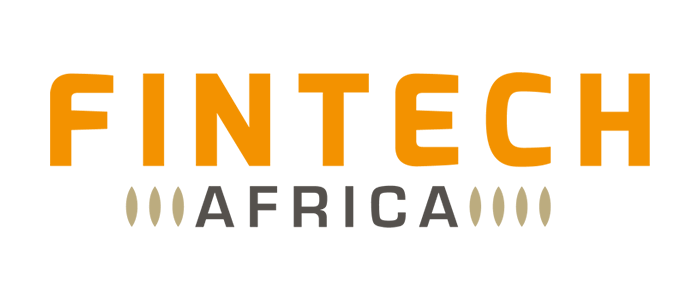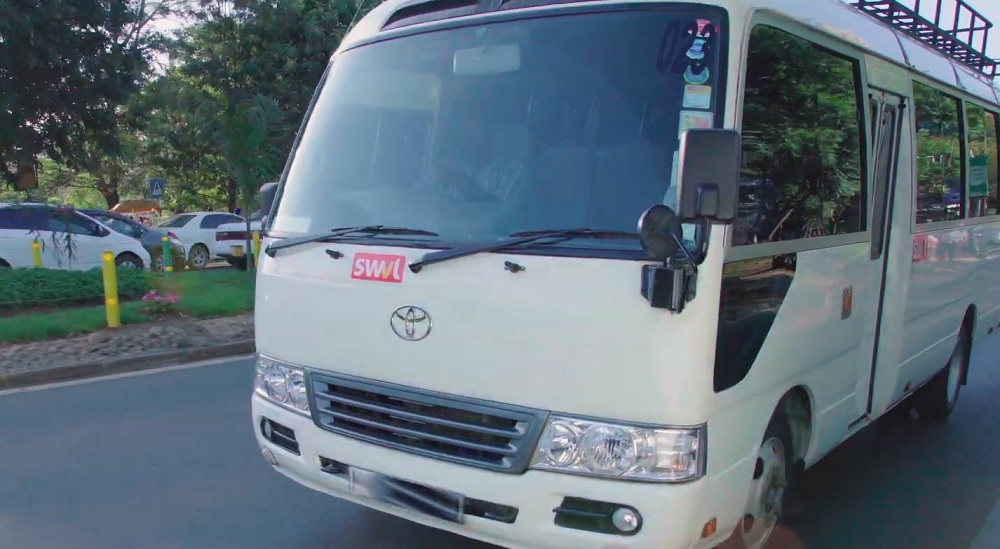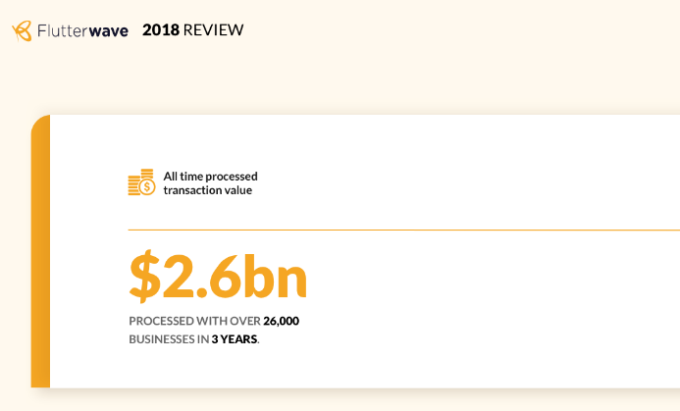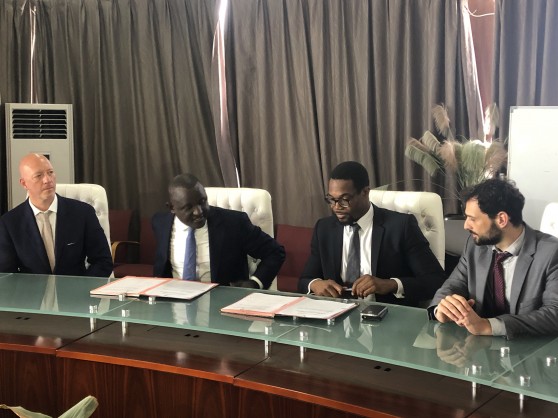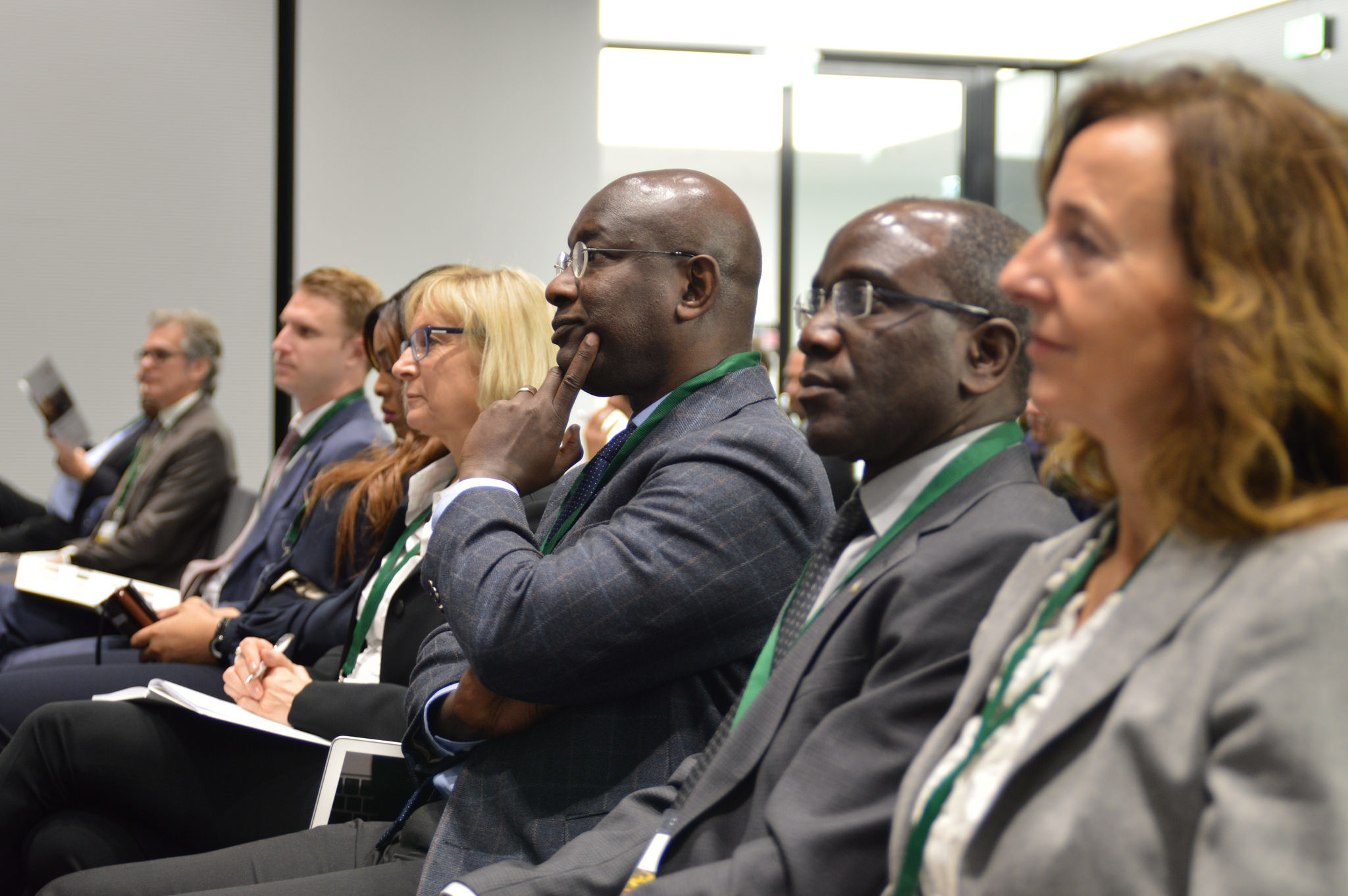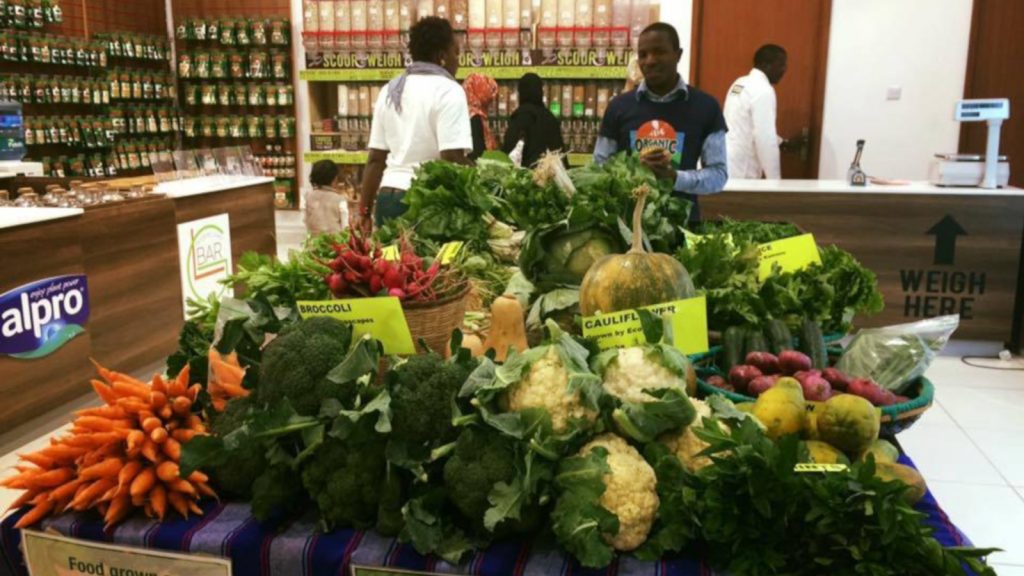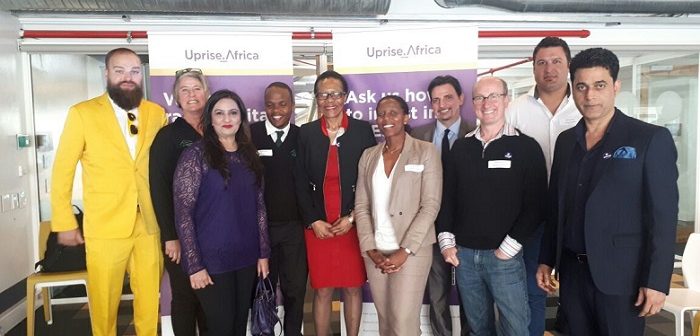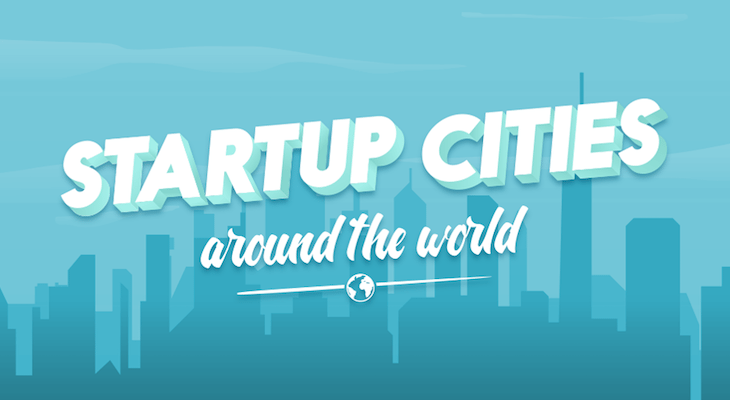It’s not every day that you are part of a team that has opened up Africa to 1 billion potential customers. I’m grateful to be part of this story and I’m sure every member of @theflutterwave team feels the same way. It really is #WaverSZN. https://techcrunch.com/2019/07/29/flutterwave-and-alipay-partner-on-payments-between-africa-and-china/amp/?__twitter_impression=true …
Here Is Why Nigeria, Kenya, and South Africa Hold The Highest Potential for Fintech Investors
Expect investors who invest in Africa’s fintech sector to cash out big. Investment deals in Africa’s fintech sector shot to a record $357 million in 2018. This is partly because more people are using mobile money services in Sub-Saharan Africa (SSA) than in any other sub-regions in the world. In fact, over the last 12 to 18 months, Sub-Saharan Africa (SSA) has now emerged as one of the fastest-growing financial technology (Fintech) hubs in the world in terms of investments, albeit from a low base.

Here Is All You Need To Know
- In 2018 alone, investment in African fintechs nearly quadrupled to $357 million, with startups in Kenya, Nigeria, and South Africa accounting for the largest share. This trend continued into 2019, with a number of high-profile deals.
- For example, three Nigerian fintech start-ups — Kudi, OneFi and TeamApt, each raised around $5 million in funding during the first half of the year.
- These statistics are from the Global System for Mobile Telecommunications Association (GSMA).
- GSMA said huge opportunities await Fintech’s investors, with emerging markets including Nigeria, Kenya, and South Africa holding huge potential for fintech innovations.
The Numbers
- GSMA further added that 395.7 million registered mobile money accounts now exist in the region and that nearly nine in 10 registered mobile money accounts are in East and West Africa.
- According to the body, which is in charge of over 800 telecoms companies globally, over the past year, several underserved markets in the region have taken steps to accelerate mobile money adoption and, by extension, financial inclusion among citizens.
- The body noted that in Nigeria, regulatory reforms introduced in October 2018 allow mobile operators to obtain licenses to operate payment service banks (PSBs), while in Ethiopia, an ambitious financial inclusion strategy has been attracting investment into mobile money services.
- Indeed, reforms in Nigeria have seen MTN getting Super Agent license on Tuesday from the Central Bank of Nigeria, with other telecoms to follow suit.
Integration of Mobile Money Platforms With Broader Financial Ecosystem Will Change The Game
GSMA noted that Angola’s national bank plans to submit new laws governing payment systems, including mobile payments, to parliament for approval in 2019.

The telecoms body said these developments notwithstanding, future growth of mobile money services in the region will be largely driven by the interoperability of mobile money services.
Account-to-account (A2A) interoperability gives users the ability to transfer between customer accounts held with different mobile money providers and other financial system players.
It also disclosed that Tanzania led the way in 2014, but several countries across the region, including Kenya, Rwanda, Nigeria, and Ghana, have now launched interoperability projects and use cases.
According to GSMA, mobile money providers’ integration with banks is one particular use case that has significantly increased volumes moving between mobile money and banking systems.
The body, while charging Nigeria and other countries, informed that a next step in the interoperability journey will be the implementation of innovative solutions to integrate mobile money platforms with the broader financial ecosystem.

“A number of options exist around central switching infrastructure for the industry to enable nascent use cases to scale, including merchant payments and efficient connections to domestic and international financial system players. This is already happening at sub-regional levels.
“For example, the eight countries 11 of the West African Economic Monetary Union (WAEMU) are building an interoperable system that will connect 110 million people to more than 125 banks, dozens of e-money issuers, and more than 600 microfinance institutions.
“However, much of the existing bank-focused infrastructure is not optimal for mobile money. In an effort to solve this, MTN and Orange, with the support of the GSMA, launched a joint venture to enable interoperable payments across Africa.
“Known as Mowali (‘mobile wallet interoperability’), the service is open to any mobile money provider in Africa, as well as banks, money transfer operators and other financial services providers.
“With its pan- African footprint allowing for economies of scale and a cost-recovery commercial model, Mowali has the potential to drive down the price of services offered to lower-income customers.
“Additionally, Mowali could shape the future of the mobile money ecosystem in the region by creating a common mobile money acceptance brand with the potential to connect fintechs, banks, merchants and other ecosystem players to nearly 400 million mobile money accounts across Africa,” GSMA stated.
Charles Rapulu Udoh

Charles Rapulu Udoh is a Lagos-based Lawyer with special focus on Business Law, Intellectual Property Rights, Entertainment and Technology Law. He is also an award-winning writer. Working for notable organizations so far has exposed him to some of industry best practices in business, finance strategies, law, dispute resolution, and data analytics both in Nigeria and across the world.

